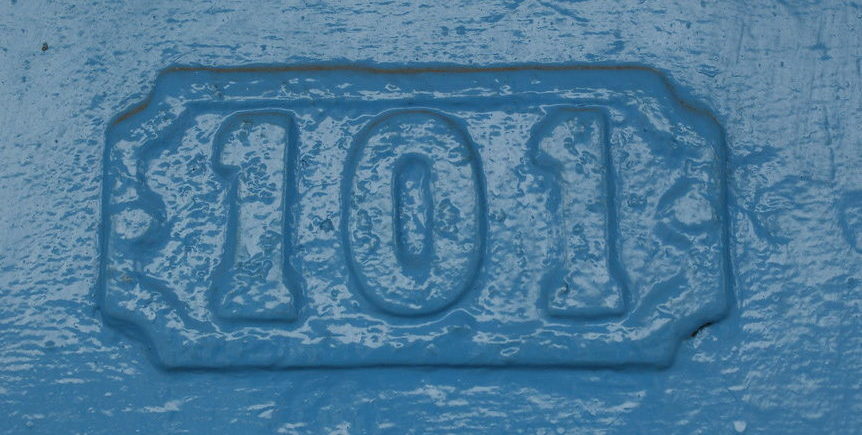Effective Cover Letter Writing
Appearance. Keep the appearance of your cover letter clean and concise. Make sure you use the same type of high quality paper for your cover letter and resume. Keep the formatting consistent and break important sections into separate paragraphs. Use a simple font that is ready to read with a type size of at least then points, but not larger than twelve points.
The addressee. It is always a good idea to target your resume to the person who will be reading it. Writing “to Whom It May Concern,” is not as effective as writing to the head of the department directly. Call the company and ask who to address the letter to. Also make sure to get correct spelling and the title of the individual. The only exception to this rule is if the job specifically directs you to specify a department or specifies ‘”no phone calls.”
The opening. Make sure to state the title or position you are applying for and how you heard of the job in the opening of the cover letter.
Keep it simple and direct. Keep your wording concise and to the point. State your qualities and how they will benefit the employer Directly address their job requirement listed in the job description. You may bullet your top three to five qualities as and itemized list. This helps draw attention to the top qualities that you want the employer to focus on. Keep your letter to less than a page and make sure to sign it at the bottom.
Focus on the company. Make sure to focus your cover letter on the company’s needs. When speaking of your qualities and asses, express them as a means of satisfying their requirements for the position. The employer is interested in what you can do for them. Researching their company will give you insight to the type of clients they work with. This will help focus the cover letter.
Grammar and spelling. Employers are looking for effective communicators. Your cover letter is the first communication they are going to read from you. If your cover letter is filled with spelling and grammatical errors, they will probably not call. Use spelling and grammar check on your word processor.
Honesty. Do not lie or exaggerate in your letter. If you misrepresent yourself, the employer will figure it out during the interview. Overstating your qualifications may prohibit you from ever being considered for another position with that company.
Different Types of Cover Letters
Advertisement Response Letter. This letter is in response to a job advertisement. An advertisement response letter gives you the opportunity to directly respond to a specific set of criteria that the employer is looking for. The employer will list the qualifications including skill level, education, and work experience that they are seeking. Use your cover letter to address each point in their advertisement Point out how your training and background address their point-by-point needs. In your opening paragraph, be sure to state what position you are applying for and where you learned of the available position.
Reference letter. One of the most effective ways of obtaining a job is through networking. Referrals from existing employees or companies that have a relationship with the employer will give you an advantage over other applicants. A recommendation from a respected employee gives credibility to your application . Make sure to mention the person referring you.
Cold letter. A cold letter is a general letter of inquiry and is not in response to a specific vacancy. Often people who have an interest in working for a specific company will send a general letter expressing interest in working for that company. This type of letter is can be effective if written well an accompanied by a strong resume.







